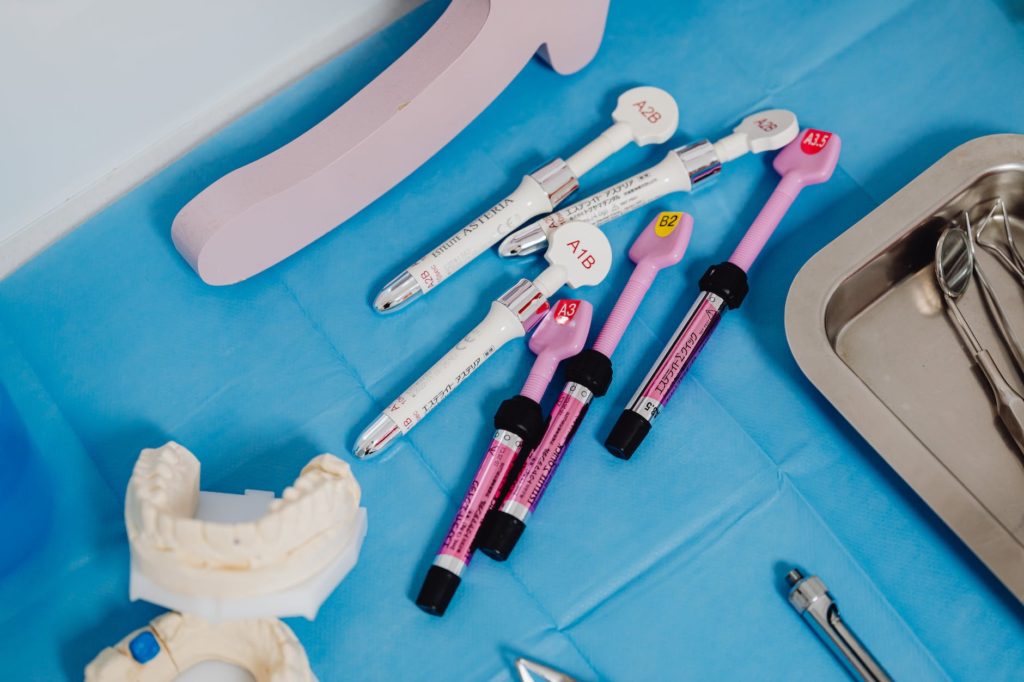
The problem of obesity is becoming very serious, especially in countries such as the United States, the United Kingdom and Europe. Scholars define obesity as the disease of well-being. To better understand how excessive accumulation of fat strongly affects a person’s life, below you will find the story of Emma Newton, a 52-year-old woman from Pasadena who underwent gastric band surgery after spending most of her life weighing more than 300 pounds.
Emma started having weight problems as a child due to the wrong nutrition. At school they made fun of her for her shapes and this affected her relationships with peers very badly. Emma was ashamed of her body and the more she was ashamed, the more she ate and the fatter she gained.
It had become a vicious circle from which she didn’t know how to get out. Her parents took her to many doctors and dieticians who prescribed very strict diets that gave no results. Instead of treating the cause of obesity, the doctors were focused on treating the symptoms or the excessive amount of accumulated fat.
At the age of 47, Emma decided to seriously tackle her obesity by undergoing a gastric band.
Before weight loss surgery
Emma had to go through 2 weeks pre bariatric surgery diet to lose 10% of her weight. The prebariatric diet is used to decrease abdominal fat to facilitate the work of the bariatric surgeon and to reduce the risks associated with anesthesia.
After gastric band procedure
Immediately after the operation, Emma stayed a few nights in the clinic and then returned home happy. In the weeks following the gastric band, our friend had to follow a very strict meal plan.
For the first two weeks the doctor prescribed her a liquid diet. She could only eat clear broths, sugar-free flavored drinks, fruit juices without pulp.
Only during the third week after the gastric band surgery Emma was able to add to her meals:
protein powder shakes, skim milk and bariatric high protein meal replacements.
The next two phases of the bariatric diet are called: “Pureed diet” and “Soft diet”. These two phases are used to help the patient’s stomach to slowly return to a normal diet but with reduced quantities.
Now Emma is in the phase called “stabilization diet” which begins 4 months after the bariatric surgery and lasts a lifetime.
Results after 6 months
6 months have already passed since the gastric band and the patient has already lost 40% of her initial weight. Another 40% will be lost it in the next semester.
By the social point of view, Emma’s life has changed a lot. Thanks to her new body, our friend has finally gained confidence in herself and begun to do what she was previously terrified of doing because of the fear of showing herself and the people judgment.
Thanks to her new life, Emma met new people and made new friends. She also changed her job and her new colleagues know about the gastric band operation but they treat her normally and not like a healed obese person.
Bariatric surgery, regardless of the type of operation (adjustable gastric banding, sleeve gastrectomy or gastric bypass) is fundamental in the weight loss process but it is not the only element that leads to success. Each candidate must always keep in mind that it is a very hard and long path over time. It is necessary to change the overall way of thinking, lifestyle and, above all, the way to consider food.
Conclusion
The gastric band helps to lose weight as it limits the amount of food that the operated patient can ingest but that’s not all. You need to eat the right foods and add exercise to your daily routine. In other words, bariatric surgery allows for weight loss since it limits the food that can be consumed in a single meal but does not cure the problems that are in the patient’s heads. The constant presence of a psychologist in the bariatric team helps the most fragile people to overcome the many difficult moments they encounter before and after bariatric surgery.
The United States Public Health Service (USPHS or PHS) should offer weight loss surgery to all patients who really need it and are serious about changing their lives. In this way, not only would it save many human lives but, the NHS itself would save a lot of resources and money that could be used to solve other problems.






